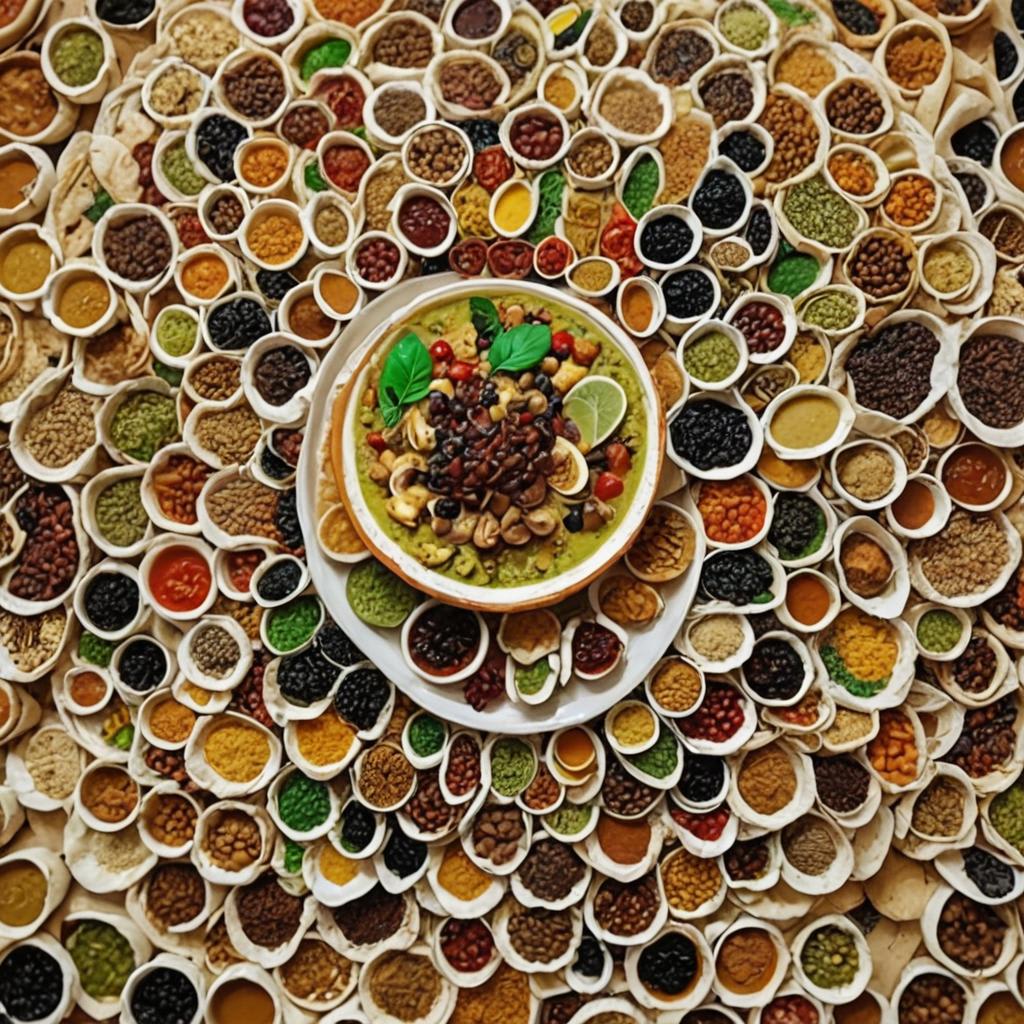Vegetarian diet for athletes
High quality plant protein to support your workouts

A vegetarian diet for athletes can be effective and offer many health benefits when planned correctly. A vegetarian diet is based mainly on eating a variety of plant foods such as grains, legumes, vegetables, fruits, nuts and seeds.
Benefits of a vegetarian diet for athletes
Improving athletic performance:
Studies show that vegetarian athletes can achieve excellent performance if their nutritional needs are properly met. Vegetarian diets can provide adequate carbohydrate intake for energy, which is essential for athletes who engage in intense exercise
Improve heart health:
Vegetarian diets tend to be low in saturated fat and cholesterol, which helps reduce the risk of cardiovascular disease. Vegetarian athletes can benefit from these diets to enhance cardiovascular health
Increase your micronutrient intake:
Athletes who follow a vegetarian diet typically get a higher intake of magnesium, vitamins C and E, and fiber. These nutrients promote overall health and aid in recovery from exercise
Nutrition challenges, and how to overcome them
Protein:
Athletes need adequate amounts of protein to promote muscle recovery and building. While plant-based protein sources can be incomplete in essential amino acids, this can be overcome by diversifying protein sources such as legumes, nuts, and seeds. Protein supplements such as soy, pea, and rice protein can also be used to compensate for potential deficiencies and meet vitamin and mineral needs in a vegetarian diet.
Vitamins and minerals:
There may be a deficiency in some vitamins and minerals such as vitamin B12, vitamin D, iron, and omega-3. Nutritional supplements can be used to ensure adequate amounts of these necessary elements, or choosing foods fortified with these elements are examples of protein-rich vegetarian meals for athletes.
Planning a vegan diet for muscle recovery
Breakfast: Oatmeal with plant-based milk, nuts, and flax seeds.
Snack: Hummus with fresh vegetables.
Lunch: Quinoa salad with black beans, avocado, and assorted vegetables.
Dinner: Grilled tofu with grilled vegetables and brown rice.
How to achieve optimal performance with a plant-based diet
A vegetarian diet can be an excellent choice for athletes if carefully planned to ensure access to all necessary nutrients to support athletic performance and promote overall health.
Protein is an essential element in building muscles and enhancing athletic performance, and many believe that obtaining high-quality protein is limited and allows the preparation of healthy, delicious meals full of nutrients without the need to obtain protein from animal products or animal sources. But the truth is that there are many plant sources rich in protein that can meet the needs of athletes, help improve vital energy, contain natural ingredients and are free of chemicals, and contribute to improving the quality of sleep and relaxation, reducing inflammation, and alleviating pain. In this article, we'll review the best high-quality plant-based protein sources and how to incorporate them into your diet to support exercise.
The best high-quality sources of plant protein
1. Quinoa
Quinoa is a whole grain that contains all the essential amino acids, making it an excellent source of complete protein. One cup of cooked quinoa contains about 8 grams of protein.
2. Legumes
Legumes such as lentils, beans, chickpeas, and peas are great sources of protein. Lentils, for example, contain about 18 grams of protein per cup cooked.
3. Tofu and tempeh
Soy products such as tofu and tempeh are high in protein. Tofu contains about 10 grams of protein per half-cup serving, while tempeh contains about 15 grams of protein for the same amount.
4. Nuts and seeds
Nuts such as almonds, walnuts, chia seeds, and flax seeds are high in protein and healthy fats. For example, 28 grams of almonds contain 6 grams of protein.
5. Whole grains
Grains such as oats, bulgur, and brown rice contain good levels of protein. One cup of cooked oats contains about 6 grams of protein.
How to incorporate plant protein into the diet of athletes
the breakfast:
Plant-based oatmeal: It can be prepared with the addition of chia seeds and fresh fruit to increase the protein content.
Plant-based protein smoothie: Almond milk can be mixed with pea protein powder, banana, spinach, and flax seeds.
the lunch:
Quinoa salad: With various vegetables such as tomatoes, cucumbers, and sweet peppers, and adding black beans and sunflower seeds.
Black Bean Burger: A burger made with black beans, with a green salad and whole-grain bread.
dinner:
Lentil soup: With whole grain bread and a side dish of grilled vegetables such as broccoli and asparagus.
Vegetable Tofu Skillet: Stir-fry tofu with various vegetables such as peppers, zucchini, and carrots, served with brown rice.
Snacks:
A handful of nuts: such as almonds or hazelnuts.
Vegetarian yogurt: Chia seeds and fresh fruits can be added.
General tips for increasing vegetable protein in the diet
Diversify sources: Try to eat a variety of protein sources to ensure you get all essential amino acids.
Use protein supplements: If your protein needs are high, plant-based protein supplements such as pea protein or rice protein can be used.
Good meal planning: Make sure every meal contains a plant-based protein source.
Focus on quantity and quality: Eat adequate amounts of protein, focusing on the quality of plant sources.
Conclusion
By choosing plant sources rich in protein and properly incorporating them into the diet, athletes can meet their protein needs and effectively support their athletic performance. Adopting a high-protein, plant-based diet is not only beneficial for overall health, but it can be very effective in achieving athletic goals and promoting physical fitness and health.
Following these tips and tricks can help any vegan athlete secure enough high-quality plant-based protein to support exercise and enjoy a healthy, balanced lifestyle.
About the Creator
highe protien diet
Our topics and content
SARKARA contains a variety of articles and resources covering topics such as healthy nutrition, meal plans, exercise appropriate for high-protein diets, and general lifestyle improvement tips.
Enjoyed the story? Support the Creator.
Subscribe for free to receive all their stories in your feed. You could also pledge your support or give them a one-off tip, letting them know you appreciate their work.






Comments
There are no comments for this story
Be the first to respond and start the conversation.